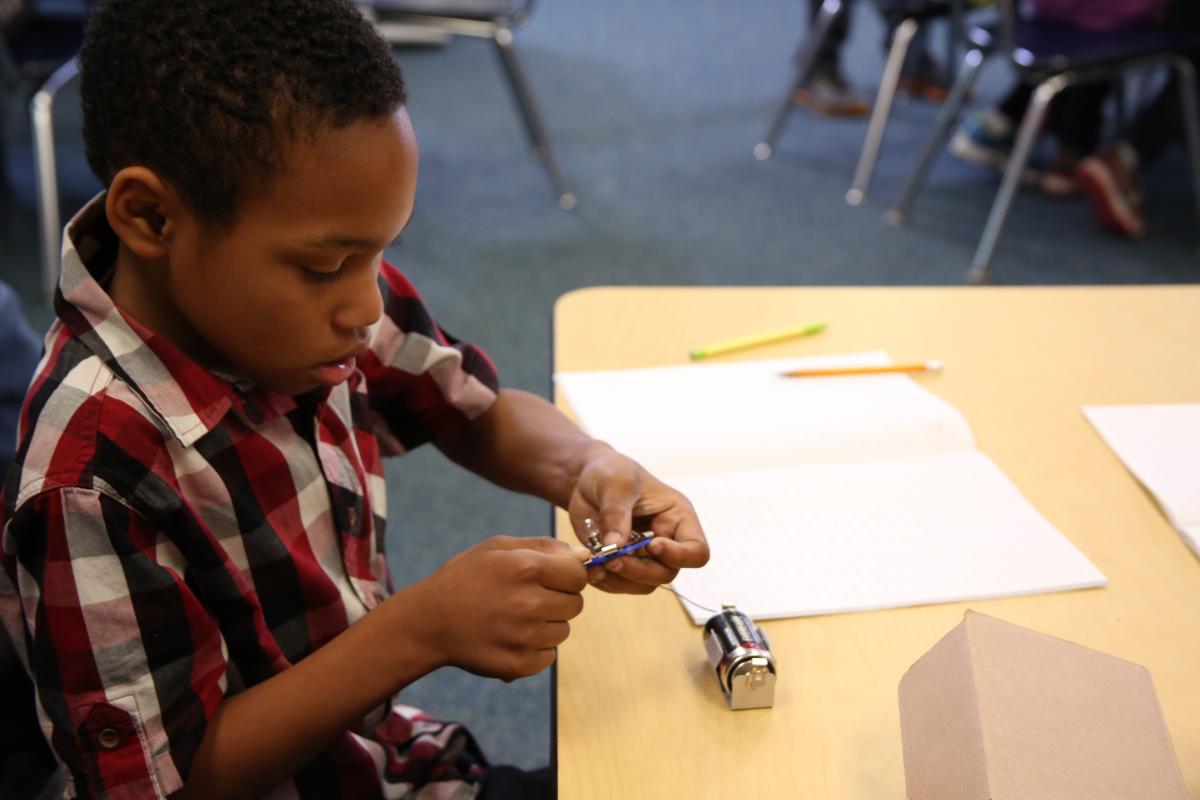Early Science Education and Inquiry
For our most recent journal club meeting, the Professional Services team read Process-Oriented Inquiry--A Constructivist Approach to Early Science Education: Teaching Teachers to Do Science by David Jerner Martin, Raynice Jean-Sigur, and Emily Schmidt, which was published in the Journal of Elementary Science Education in Fall 2005. The article asserts that "the best way for teachers to become comfortable in teaching science is to explore for themselves some activities intended for the children they teach." With hands-on experience, they will have the tools to support inquiry-based science education among their students.

A large portion of the reading is devoted to exploring the processes that are the foundations of an early childhood science program. We had a robust discussion about these processes (i.e., observing, communicating, measuring, interpreting data, and constructing models) and felt their descriptions closely mirror the Science and Technology ConceptsTM curriculum. We also talked about the different ways that teachers of inquiry science might use some of these same processes to assess their students' progress in the classroom, such as observing and communicating. Some of us have seen teachers (and even parents) who employ innovative assessment strategies (such as scrapbooking) that can be very valuable in capturing the time line of progress for very young learners.
Our conversation also touched on things that might inspire teachers to develop brand new activities, such as allowing student questions to drive the lesson employing learning-as-play. We're very aware that with so many competing priorities in each district, it's sometimes challenging for educators to feel like they're meeting their goals in the classroom. But by taking time to observe, to allow students to formulate new hypotheses, and enjoy their "aha!" moments, teachers can truly strengthen inquiry skills among their students.
Finally, we were struck by the authors' assertion that "...inquiry involves seeking information, not seeking right information." It's an important distinction! If students can explain their answers, predict similar outcomes in the future, and use input from various other sources to support their findings, then their conclusions can be considered valid. Although one might believe that it's a teacher's role to impart a specific truth to their students, the goal of a sound inquiry science program should be to inspire students to ask questions and formulate conclusions that can be defended.